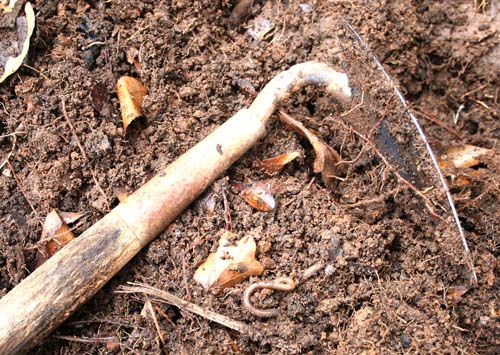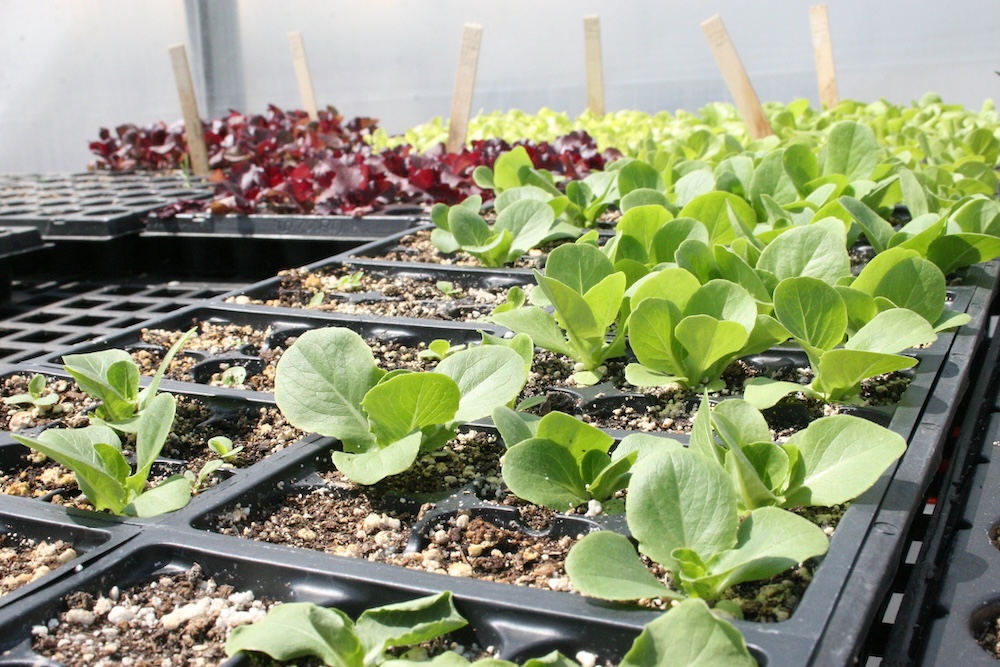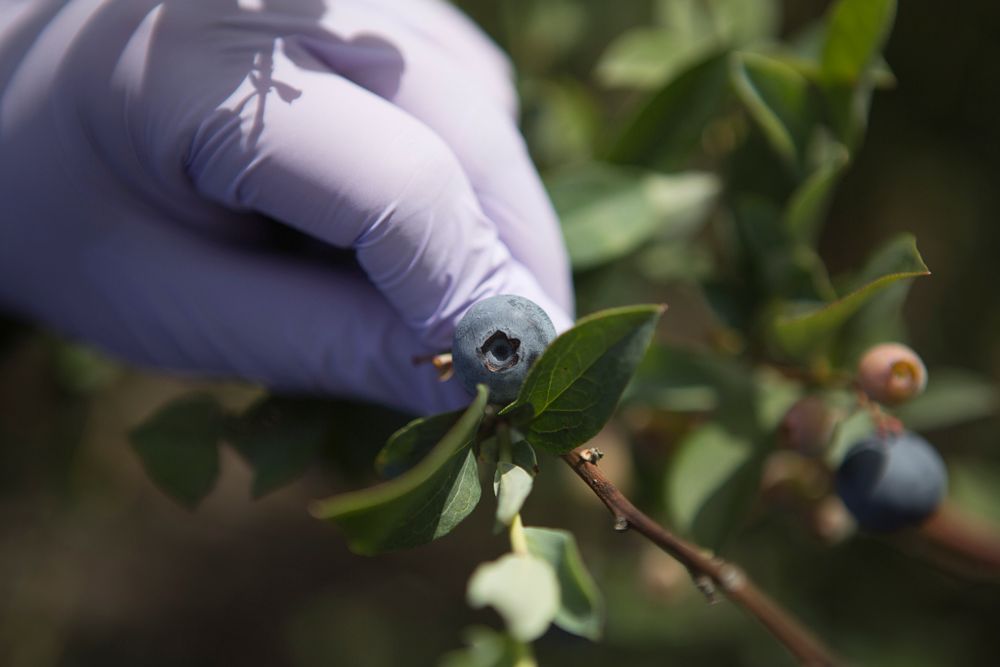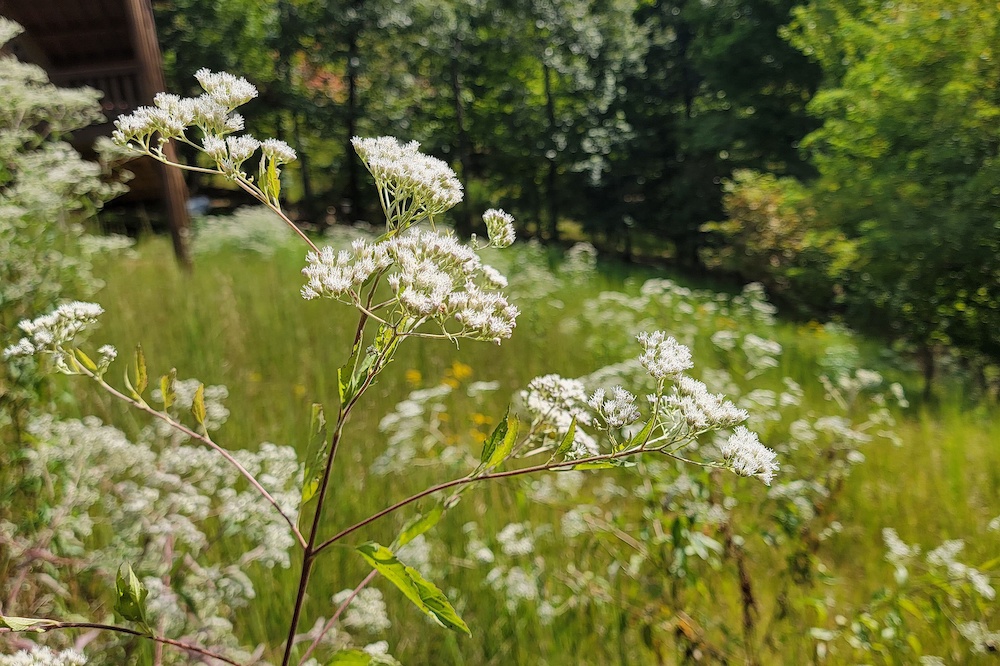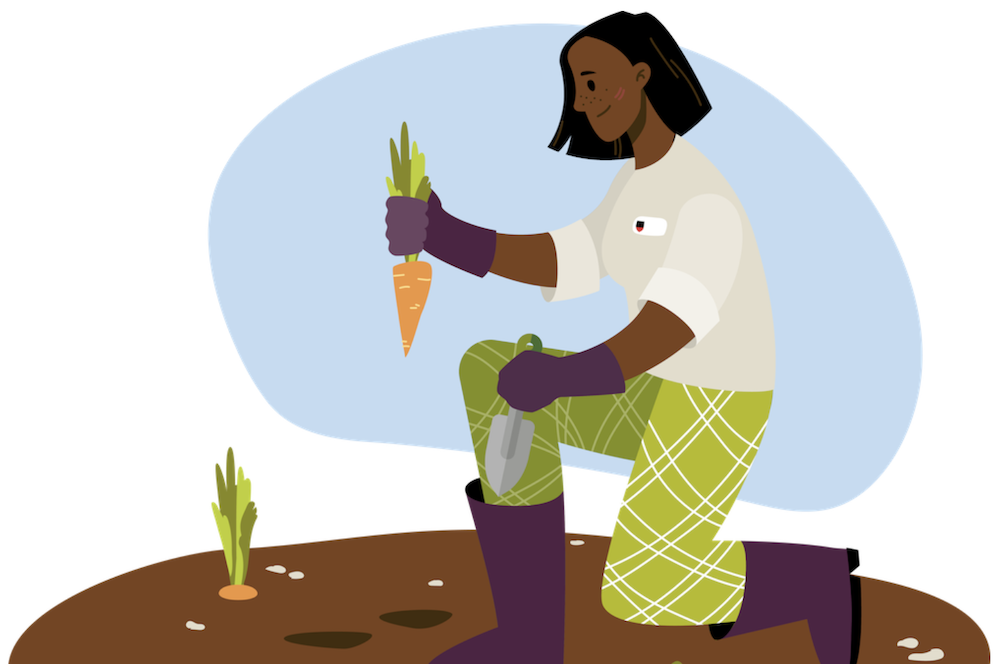Many gardeners are eager to jump on the organic gardening bandwagon. However, just as many are not able to pin down what it means to be an organic grower.
A generally accepted definition of organic gardening is the use of cultural practices to improve soil and plant health in order to reduce plant problems without the use of synthetic fertilizers and pesticides.
Control pests with organic products
Does organic gardening mean saying no to pesticides? The surprising answer is no. Many organic pesticides are available on the market to purchase and use safely in your garden. Typically these products are derived from natural, rather than synthetic, sources and work on a variety of pests.
Marketing organic products to consumers continues to increase, but gardeners should be wary. Using products labeled as organic does not automatically make your garden productive.
Cultural practices will be your most important tool. You need to review your gardening philosophy and adopt practices that will improve the soil, help you grow healthy plants and prevent pest problems. A few examples of organic gardening practices include amending soil, soil testing, crop rotation, companion planting, using disease resistant plant varieties, mulching and sanitation.
It all starts with good soil
The basis for growing healthy plants in an organic garden begins with the soil. Healthy soil lays the groundwork for healthy plants. Organic gardeners must work hard to build and maintain soil health. In some parts of Georgia, this can be a real chore, so it is important to have a long-term outlook on soil preparation.
Good soil has plenty of organic matter, which can include decaying plants, composted manure, composted shredded wood and other natural mediums. These materials decay in the soil, slowly releasing nutrients and improving soil structure and drainage.
Consider having your soil tested through your local University of Georgia Cooperative Extension office. A soil test report provides information regarding the soil’s fertility status. This is critical to plant health and growth. A soil test will provide data about the soil pH and recommend how to improve the soil for maximum productivity.
Growing plants organically requires more planning and labor than conventional gardens, but in the end will be more rewarding.

